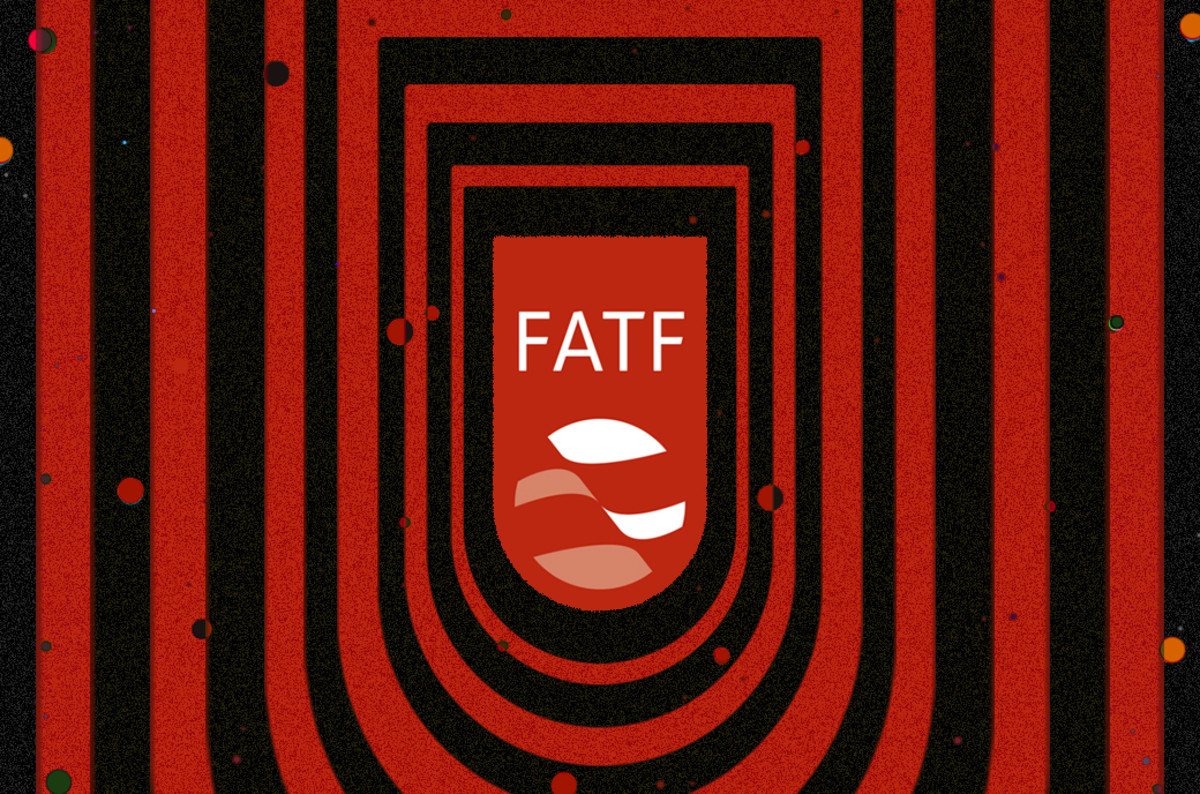
Following the recent G20 conference in Japan, international leaders have endorsed FATF regulations for reducing anonymity in cryptocurrency use.
At a conference in Osaka, Japan, on June 28 and 29, 2019, the leaders of the G20 economic bloc formally announced their support of the Financial Action Task Force’s (FATF) cryptocurrency guidelines as laid out in late June.
The FATF is an international regulatory organization with the set task of making formal policy recommendations to various nations and their economic regulators. On June 21, 2019, it went public with a series of long-awaited guidelines on how world governments should act to prevent the use of cryptocurrency for money laundering, terror financing and other such nefarious activities.
Although the draft of this resolution explicitly states that it is nonbinding, it details many suggestions for world governments that could have drastic impacts on the global crypto space. Primarily targeting crypto exchanges, the FATF called for several measures to drastically reduce the potential for anonymity among crypto users.
In addition to calling for more stringent KYC measures, the FATF also recommends that exchanges record relevant identifying information about users for all crypto senders, in addition to the existing requirements for receivers. Exchanges and other such businesses may be called upon in certain scenarios to share this information with law enforcement.
As the Japan Timesreported on June 29, 2019, the G20 leaders’ declaration from Osaka states an intent to “reaffirm our commitment to applying the recently amended FATF Standards to virtual assets and related providers for anti-money laundering and countering the financing of terrorism.”
Consisting of the 20 largest world economies, including the U.S. and the collective nations of the European Union, this board has the power to make significant changes in the worldwide economic sphere.
“While crypto-assets do not pose a threat to global financial stability at this point,” the leaders’ declaration claims, “we are closely monitoring developments and remain vigilant to existing and emerging risks.”
Although it is not clear how thoroughly the conference will police crypto in the future, the section on crypto concludes with the statement that “we also continue to step up efforts to enhance cyber resilience.”










